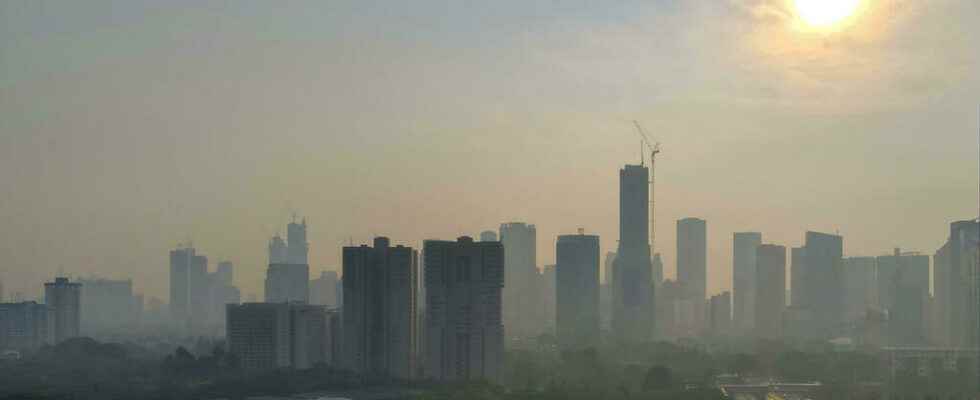The life expectancy of all humans is reduced by two years. Blame it on air pollution, according to the Air Quality Life Index report published by researchers at the University of Chicago on Tuesday.
If the air quality met the standards of the World Health Organization, humans would gain on average more than two years of life. A phenomenon which is explained by the presence in the air of these famous fine particles. They are as thin as a hair, yet cause millions of respiratory and cardiovascular diseases each year. These microparticles are present all over the world and almost in every place their concentration exceeds WHO recommendations.
The organization recommends that the density of microparticles in the air should not exceed 15 micrograms per cubic meter over any 24-hour period, and remain below five micrograms per cubic meter on average over a year. These thresholds were strengthened in 2021 in the face of evidence of their impact on health.
A critical situation in Asia and improving in China
It is in Asia that they do the most damage. In Bangladesh, pollution exceeds the standards by 15 times. In India, life expectancy is reduced by 10 years in the capital New Delhi where 16 million Indians live.
Only in China where the situation is improving. In seven years, the number of microparticles has dropped by 40%, according to this report from the University of Chicago. Good news in this country where pollution kills a million Chinese a year. Worldwide, these particles kill six times more than the AIDS virus.
►Also read: Analysis – Air pollution, a real public health issue in Thailand
